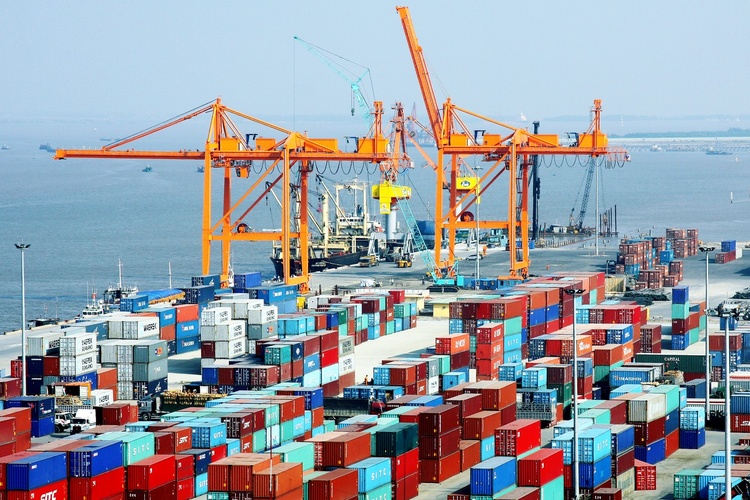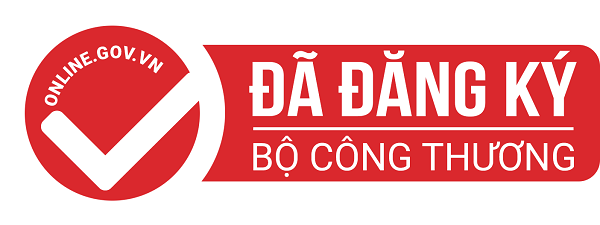On August 21, 2020, the Ministry of Finance of India issued a regulation on controlling origin of goods entitled to preferential export tax under trade agreements and signed by India, effective after 01 month (21 / 9/2020).
The aim is supposed to be to limit the growing trade deficits with the countries of India that have signed free trade agreements or preferential tariffs. According to statistics, India's exports to FTA partner countries were almost unchanged, while imports increased rapidly; the trade deficit is expanding day by day. For the Association of Southeast Asian Nations (ASEAN), the trade gap in goods increased from $ 5 billion in 2010 when the ASEAN FTA was implemented, to more than $ 22 billion today. India's position of surplus in trade in goods with Vietnam and Singapore has changed over the past three to four years. In addition, the trade gap has widened with Malaysia, Thailand and Indonesia.
New regulations stipulate the responsibility of the importer to collect information and documents proving that the goods comply with the rules of origin, including the method of calculating the regional value of the CO issuer, the period during which the The importer must provide information and the time limit for a reply by the customs authority. Set a time limit for the CO-issuing authority to respond to Indian customs upon request, otherwise imported goods will not enjoy preferential tariffs under the respective trade agreement. During the verification period, the goods can still be cleared, but the importer must deposit an amount corresponding to the tariff difference between the normal export tax and the preferential export tax.
Indian public opinion highly appreciated the new regulations of the Government hoping to prevent Chinese goods from entering India through a third country. At the same time, it is also hoped to reduce the trade deficit between India and the countries with bilateral trade agreements, especially ASEAN. However, many people believe that the above provisions make it difficult for importers. Importers expressed concerns about their ability to obtain the required information and the confidentiality of such data when shared with the authorities. An importer who makes electronic security equipment in suburban Mumbai and imports various small components from Thailand, said it would be difficult to obtain relevant information, as these suppliers themselves. are small manufacturers. On the other hand, if the exporter is not the producer, it is very difficult to get the information because it is not clear if the producer is willing to provide the information.
Source: Vietnam Trade Office in India




